3 Conversations You Need to Have with Your Communities in 2020
Welcome to the raging 20’s! With a new decade ushering in a time of great critical thought and brave new action, educators and creatives have the divine opportunity to influence the course of the next decade. After speaking with students, educators, and creatives from all over the globe at the 2019 National Conference for Student Leadership, it became clear to me that everyone, at varying degrees, wants the same thing; to self-actualize in the new decade.
We all want to feel fulfilled in our lives. We all want to feel accepted by peer groups and loved ones in some capacity and we all want to lead our definition of a satisfying life. Maslow (1987), calls this self-actualization or the realization or fulfillment of one’s talents and potentialities, especially considered as a drive or need present in everyone. The reality is, that these desires are not particularly unique to 2020 but, have new context in an upcoming election year and time of critical change.
It would stand to reason then, that there is a unique opportunity on the part of educators and creatives to cultivate challenging conversations and introspective experiences to aid students and generation-z in their process of self-authorship (Baxter-Magolda, 2008) and value development. From social media dramas to talks of an impending World War III, the current cultural climate is seemingly preying on our civility and psyche. With this, I have developed 3 Conversations Educators Need to Have with their Students in 2020:
Social Leadership- what does social leadership look like? Honestly, it can look like anything from Maxine Waters to Beyoncé. With the means to disseminate a message or point of view with the potential for mass consumption, everyone has the agency to advocate for themselves and their community. Creatives and educators not only need to discover the delicate balance between social commentary and leadership for their own benefit but, also for the betterment of their interactions with the populations they serve. My pop-up shop on social leadership provides an interactive workshop experience that aids participants in their discovery of what drives them and how they can work to find the medium of self-expression that best fits their leadership style.
Power and Privilege- at the root of many of our current societal issues is deep misunderstanding of power and privilege. Spoiler alert, this toxicity permeates the lives of all people in so many ways. One thing is for certain, conversations around this issue need to move beyond a privilege walk. The power and privilege pop-up shop is a supportive-space for participants to let it out, listen to different experiences, and take-away tools for dealing with discourse socially and professionally.
Mental Health- one of the most positive things to come out of the tail-end of the last decade (and particularly for my life), was the beginning of the dismantlement of negative perceptions and stereotypes surrounding mental health. Through the lens of self-awareness and my own experiences, my talk on mental health, self-acceptance, balance seeks to heal the heart so that the mind can be free.
Click the link below for information on bringing these pop-up shops and masterclasses to your college, university, organization or business.
Baxter Magolda, M. (2001). Making their own way: Narratives for transforming higher education to promote self-authorship. Sterling, VA: Stylus
Maslow, A. H. (1943). A Theory of Human Motivation. Psychological Review, 50(4), 370-96.
Maslow, A. H. (1954). Motivation and personality. New York: Harper and Row.
Maslow, A. H. (1962). Toward a Psychology of being. Princeton: D. Van Nostrand Company.
Maslow, A. H. (1970a). Motivation and personality. New York: Harper & Row.
Maslow, A. H. (1970b). Religions, values, and peak experiences. New York: Penguin. (Original work published 1966)
Maslow, A. H. (1987). Motivation and personality (3rd ed.). Delhi, India: Pearson Education.
